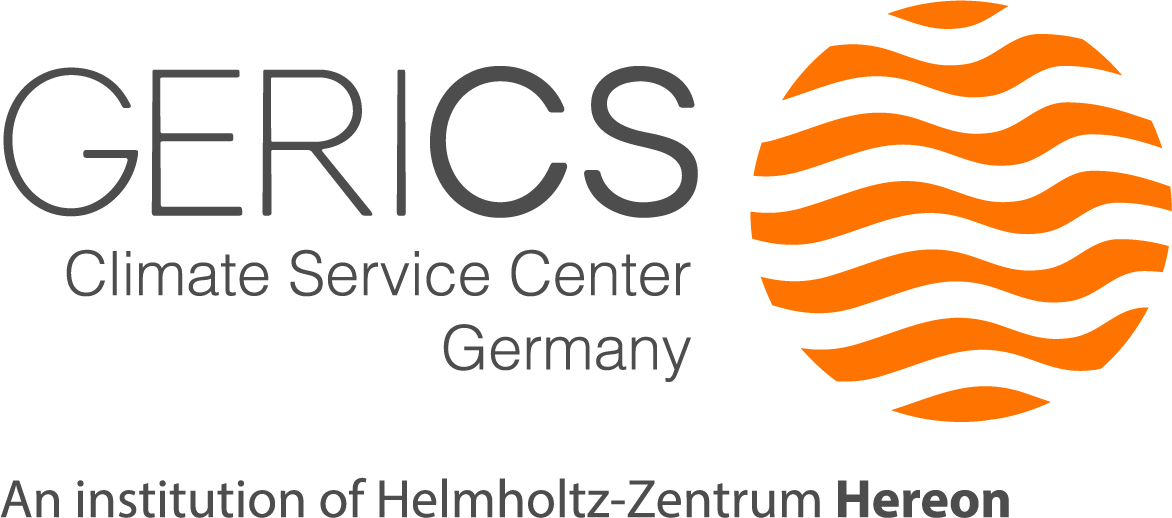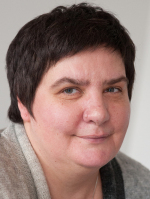Lola Kotova joined GERICS as a researcher in the Regional and Local Climate Change Department in November 2011.
Lola is currently engaged in work associated with the EU project VALORADA. The project is aligned with the European Union's Adaptation Mission, which aims to facilitate the transformation of 150 European regions into sustainable and climate-resilient entities by 2030. The availability of reliable information and the implementation of effective adaptation strategies are essential for enhancing resilience and facilitating adaptation to climate change. VALORADA is designed to make a contribution to this objective. The research team employs an interdisciplinary approach, with natural and social scientists working in collaboration with IT specialists and communication experts. The conceptual framework of VALORADA is being operationalised in five model projects, which encompass a range of sectors, climate risks and community systems.
Furthermore, Lola is engaged in the MAGICA project. The objective of MAGICA is to optimise the synergies between climate research and innovation initiatives across the European Research Area. To this end, MAGICA provides a forum for discussions on new research and innovation priorities in climate change mitigation and adaptation, as well as the development of the next strategic research and innovation agenda on climate change for the 2025-2034 period.
Lola has considerable experience of working on and leading a range of national and international projects, including KLIMZUG-NORD, CLAVIER, IMPACT2C, IMPREX and Climateurope. These have provided her with valuable insights into the analysis of the information needs of impact research in relation to climate data.
In the EU project Climate for Culture and the BMBF project KERES, she has made a significant contribution to the development of pilot studies on cultural heritage using climate modelling data. The enhanced understanding is vital to define and implement sophisticated solutions and materials for enhancing resilience and sustainable reconstruction based on realistic risk assessments.
She led the AFTER project, which is funded by the ERA.NET Plus programme and promotes cooperation in research and innovation between EU Member States, Turkey and Russia. As a partner in the MikoKlima project, she focussed on building networks between researchers from Germany and Central Asian universities as well as practitioners and researchers from Uzbekistan and Kyrgyzstan.
Lola studied chemistry at Lomonosov University in Moscow and completed her PhD in Geography at the St Petersburg State University.
To the detailed CV of Lola Kotova (287 KB)

- GERICS Homepage
- >
- About us
- >
- Team
